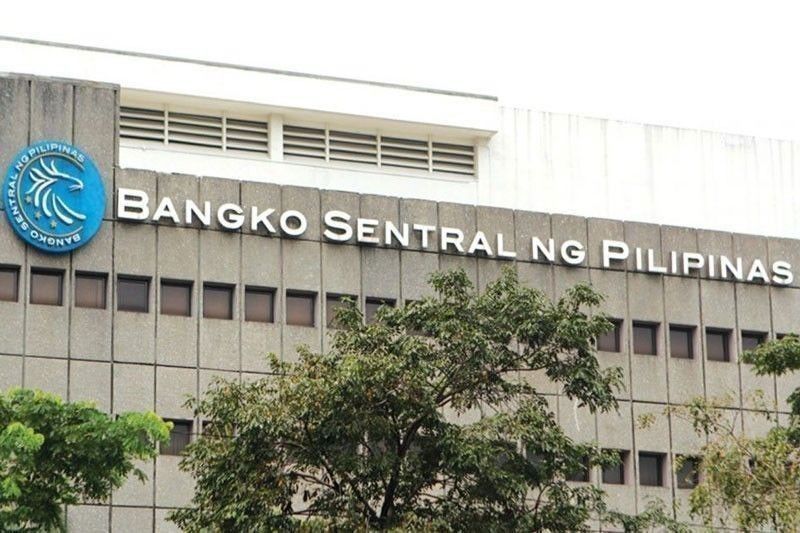BSP: Typhoons, higher oil prices likely drove November inflation up

MANILA, Philippines — The Bangko Sentral ng Pilipinas (BSP) said inflation likely ranged from 2.4 percent to 3.2 percent in November due to upward pressures brought about by higher domestic oil prices and the impact of weather disturbances on rice and select agricultural commodities.
BSP Governor Benjamin Diokno said the central bank’s Department of Economic Research (DER) expect the downward adjustment of power rates in areas serviced by Manila Electric Co. (Meralco) and the appreciation of the peso would partially offset the upward price pressures during the month.
According to the BSP, it would remain watchful of economic and financial developments to ensure that its primary mandate of price stability conducive to balanced and sustainable economic growth is achieved.
Inflation averaged 2.5 percent from January to October after accelerating to a three-month high of 2.5 percent in October from 2.3 percent in August.
Diokno said during his keynote address at the Pilipinas Forum 2020 organized by Stratbase ADR Institute said inflation is on track with the central bank’s two to four percent target from 2020 to 2022.
During its meeting last Nov. 19, the central bank’s Monetary Board raised its inflation forecast for this year to 2.4 instead of 2.3 percent due to higher outturn for September and October due to higher inflation for food particularly meat due to tightness in pork supply amid the African swine fever as well as fish due to adverse weather conditions.
On the other hand, the body lowered its inflation forecasts to 2.7 instead of 2.8 percent for 2021 and to 2.9 instead of three percent for 2022 amid the lower domestic economic activity particularly in the third quarter, lower crude oil prices, and the stronger peso.
The BSP’s latest assessment has considered the impact of typhoons Rolly and Ulysses on economic activity.
The benign inflation environment has allowed the BSP to act aggressively to cushion the impact of the COVID-19 pandemic on the economy.
For his part, Stratbase ADRi president Dindo Manhit said the government’s resources are strained due to the simultaneous crises related to the COVID-19 pandemic and the recent natural disasters.
Manhit said the resources and dexterity of the private sector would be critical not just in immediate assistance but in re-energizing and sustaining economic recovery.
“Fortunately, the country’s top business groups swiftly and aggressively responded to the immediate needs of the most vulnerable members of society. Not only did they help in keeping the economy afloat, but they also made significant contributions in investing in necessary safety measures and COVID-19 testing. Some companies even committed to continue paying their employees despite revenue losses during the lockdown,” he said.
- Latest
- Trending


























